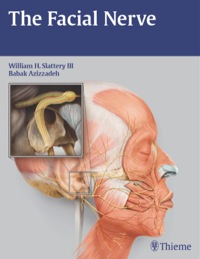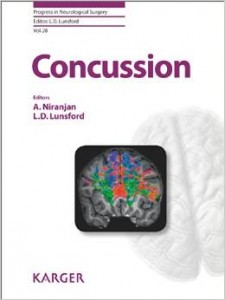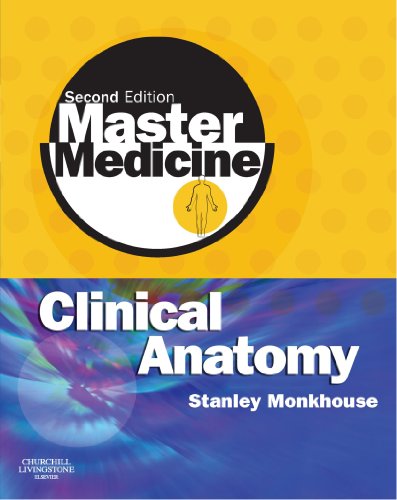-91%
Advanced Imaging and Electrophysiological Techniques in Concussion Management
The rise in awareness of concussion and its ramifications has garnered global attention on mild traumatic brain injury. The critical need for prompt diagnosis, assessment, and treatment has proliferated substantially. This comprehensive volume encapsulates the insights of esteemed experts who elucidate the latest advancements in the understanding of concussion, encompassing its pathophysiology, biomechanics, imaging diagnostics, and management.
Innovative imaging and electrophysiological methods are harnessed to illuminate the underlying metabolic and ultrastructural ramifications of concussive injuries. The volume delves into the pivotal role of cutting-edge techniques, such as functional magnetic resonance imaging (fMRI), single-photon emission computed tomography (SPECT), positron emission tomography (PET), diffusion tensor imaging (DTI), magnetic resonance spectroscopy (MRS), and magnetoencephalography (MEG), in aiding the diagnosis and monitoring of concussion.
Moreover, the publication explores multimodality management programs for concussion. These programs provide invaluable guidelines for selecting appropriate team members, assessing community requirements, and instituting management strategies that adhere to contemporary practice standards. This comprehensive resource empowers neurosurgeons, neurologists, trauma and sports medicine specialists, physiatrists, neuropsychologists, and neuroscientists with a thorough understanding of the causes, evaluation methods, and evolving management approaches for mild traumatic brain injury or concussion.
Advanced Imaging Techniques in Concussion Assessment
Functional Magnetic Resonance Imaging (fMRI): fMRI employs blood oxygenation level-dependent (BOLD) contrast to measure brain activity. In concussion, alterations in BOLD signals can reveal disruptions in cerebral blood flow patterns, providing insights into functional brain connectivity.
Single-Photon Emission Computed Tomography (SPECT): SPECT utilizes radiotracers to map regional cerebral blood flow. Concussion can affect cerebral perfusion patterns, and SPECT can quantify these changes, aiding in the diagnosis and monitoring of concussive injuries.
Positron Emission Tomography (PET): PET uses radiolabeled tracers to measure brain metabolism. In concussion, PET can detect alterations in glucose metabolism, providing information on neuronal injury and recovery processes.
Diffusion Tensor Imaging (DTI): DTI measures the diffusion of water molecules within the brain. Concussion can alter water diffusivity, providing insights into axonal injury and white matter integrity.
Magnetic Resonance Spectroscopy (MRS): MRS assesses the chemical composition of brain tissue. Concussion can alter metabolite levels, which can be detected by MRS, offering information on neuronal function and damage.
Electrophysiological Techniques in Concussion Evaluation
Magnetoencephalography (MEG): MEG measures magnetic fields generated by brain activity. Concussion can affect brain oscillations and MEG can detect these changes, providing insights into neuronal excitability and brain connectivity.
Electroencephalography (EEG): EEG records electrical activity from the brain surface. Concussion can induce changes in EEG patterns, such as increased theta and delta activity, which can aid in diagnosis and monitoring.
Evoked Potentials (EPs): EPs measure the brain’s electrical responses to external stimuli. Concussion can affect EPs, providing information on sensory processing and cognitive function.
Multimodality Management Programs for Concussion
Multimodality management programs for concussion incorporate various therapeutic approaches to address the multifaceted nature of the condition. These programs include:
Interdisciplinary Team Approach: Collaborative teams comprising neurologists, physiatrists, neuropsychologists, and physical therapists ensure comprehensive assessment and individualized treatment plans.
Community Outreach and Education: Raising awareness of concussion and providing resources for prevention, diagnosis, and management within the community is essential for effective management.
Individualized Treatment Plans: Tailored treatment strategies based on the specific needs of each patient, considering their symptoms, cognitive abilities, and functional impairments.
Objective Monitoring: Utilizing advanced imaging and electrophysiological techniques to monitor progress and guide treatment decisions.
Return-to-Play Protocols: Gradual and supervised return-to-play programs ensure the safe return of athletes to their sport after a concussion.
maybe you like these too:
- Modern Imaging Evaluation of the Brain, Body and Spine, An Issue of Magnetic Resonance Imaging Clinics (The Clinics: Radiology) (Original PDF from Publisher)
- ASNC 2021 Nuclear Cardiology Board Prep Exam Course (Videos)
- PET Imaging of the Head and Neck, An Issue of PET Clinics (The Clinics: Radiology) (Original PDF from Publisher)
- NYU’s Head to Toe Imaging 2018 (Videos)










Reviews
Clear filtersThere are no reviews yet.